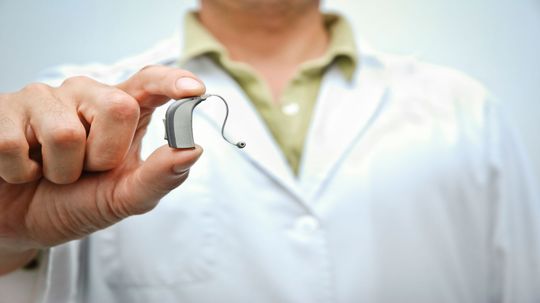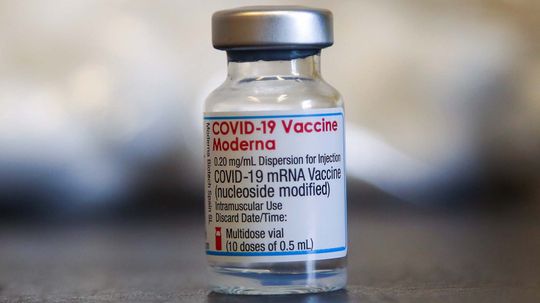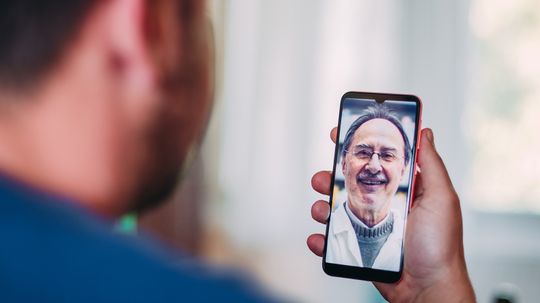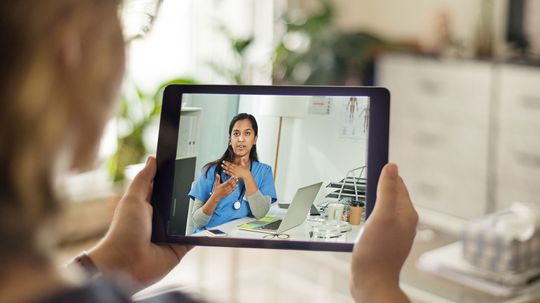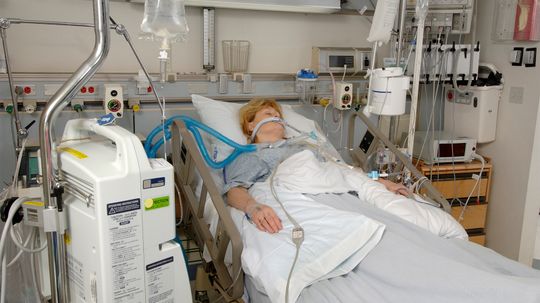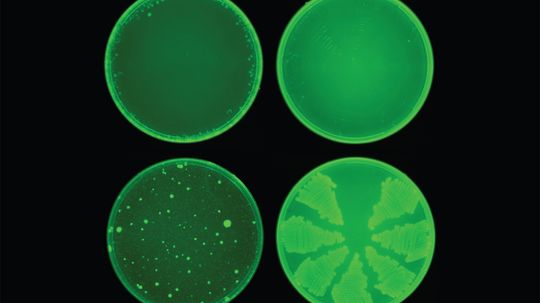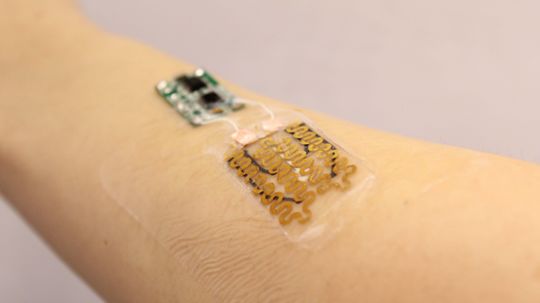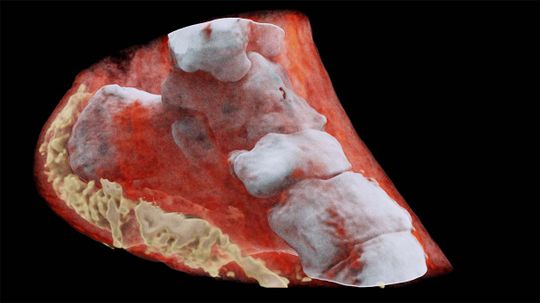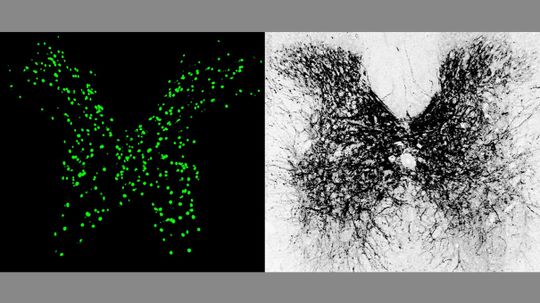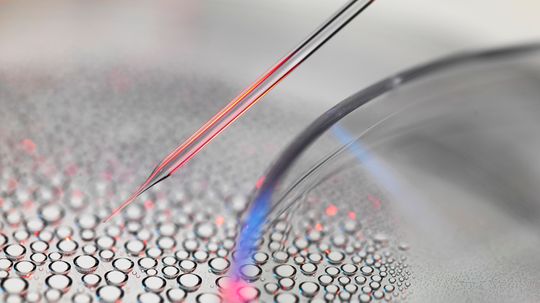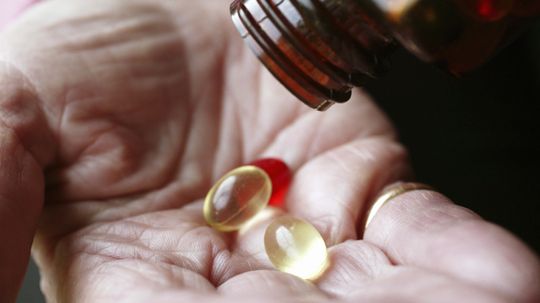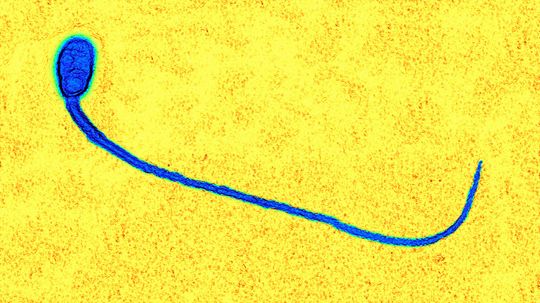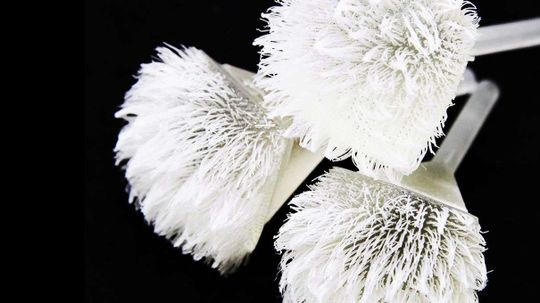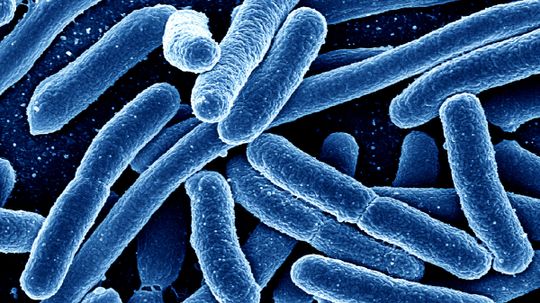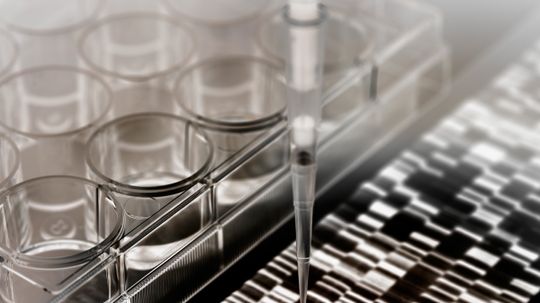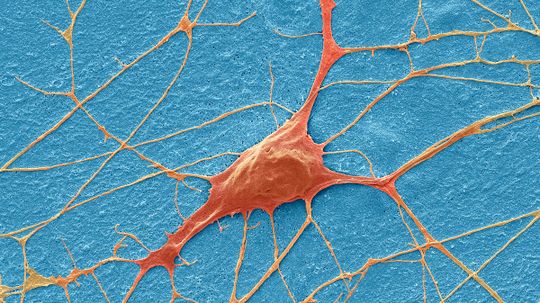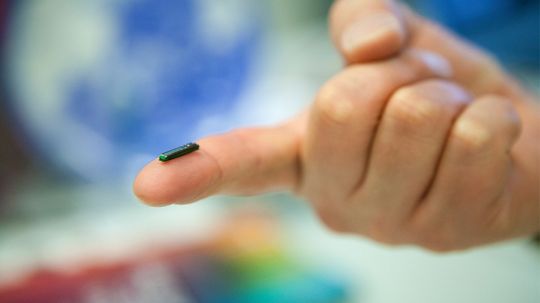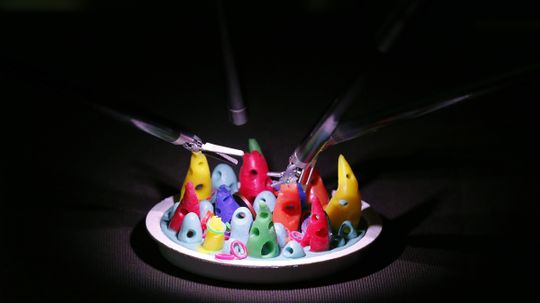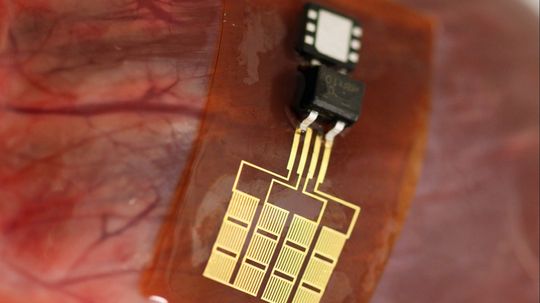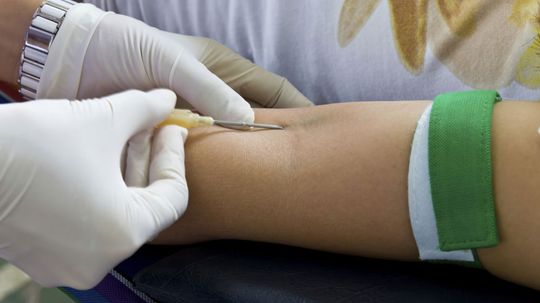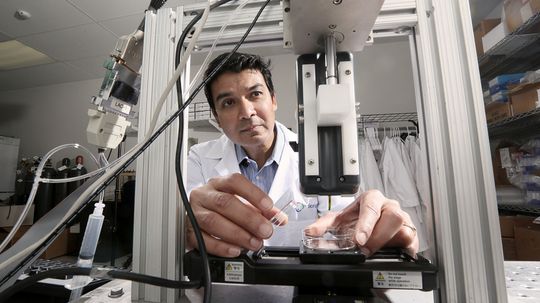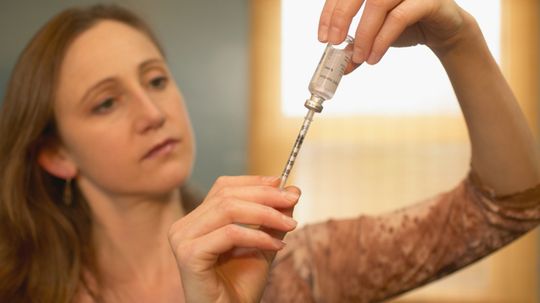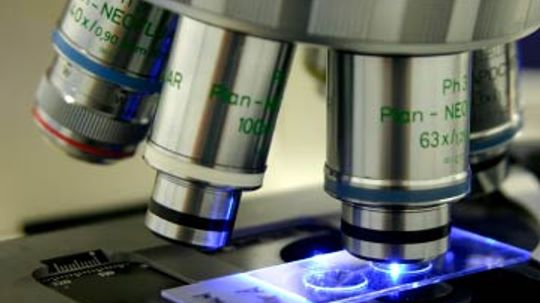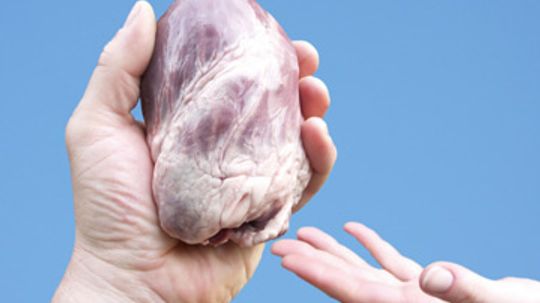Modern Medical Technology
Curious about lasers, nanobots and bionic eyes? Learn how modern medical technologies are extending and improving the lives of humans.
Learn More
That's because the FDA just greenlit a law that allows you to buy them over-the-counter from your local pharmacist. No prescription required.
We have mRNA technology to thank for remarkably successful COVID-19 vaccines. Can that same mRNA technology be used to help prevent or even eradicate other diseases as well?
Not crazy about going into your doctor's or therapist's office these days? You might be interested in a telemedicine service like Doctor on Demand.
Advertisement
Since the COVID-19 outbreak has people self-quarantining as much as possible, telemedicine has become a big alternative. But if you've never done it before, what can you expect?
A ventilator is a machine that helps a person breathe by blowing oxygen into the lungs and removing carbon dioxide out of the lungs. They're a critical piece of equipment for coping with the COVID-19 pandemic.
Machine learning, or artificial intelligence, might just save us from bacterial infections in the future.
Flexible electronics have enabled a team at Tufts University to create a bandage that not only monitors wounds, but delivers treatment as well.
Advertisement
The new 3D color scans look like cross sections from a vividly realistic anatomical model, revealing great detail and true-to-life color.
The study, led by Boston Children's Hospital, was successful at getting mice with spinal cord injuries to walk again.
Scientists hope to grow transplant organs from patients' own stem cells, but success may still be a long way off.
Ingestible sensors in pills are becoming a reality with digital drugs.
Advertisement
Spermbots, originally designed to help lethargic human sperm fertilize eggs, also may be used to deliver chemotherapy to fight cervical cancer.
Researchers have discovered how to bypass a hurdle in the design, modeling and printing of 3-D hair- and fur-like structures.
Salamanders regrow their tails. Starfish can grow new arms. When is it our turn? Let's take a look at what science has in the works.
Microorganisms aren't all bad. Can we fight fire with fire and pit good bacteria against the bad ones? Yes, but maybe not the way you think.
Advertisement
We transplant DNA already in the form of blood transfusions and bone marrow transplants. But just DNA? That's a different story.
Soon, we'll all be carrying around little vials of neurons like ibuprofen in our purses. Well. Not SOON soon. But we've definitely made progress in recent years.
We've been hearing about tiny medical robots for decades. Where is this tiny dream team? Researchers promise these little guys are on the way -- and they might be even cooler than we thought.
Robotic surgery doesn't mean Rosie from "The Jetsons" is going to get it. Instead, these high-tech bots let surgeons make the tiniest, most precise movements to limit tissue damage. But even now, researchers are dreaming up better robot inventions.
Advertisement
Millions of Americans have pacemakers. What happens when all those batteries need to be replaced? What if they didn't?
We've all heard of blood donation, but did you know you can donate blood plasma? Find out how the process works, and how plasma is isolated from the rest of your blood.
Future Victor Frankensteins won't have to become grave robbers to obtain body parts. Instead, we're betting they'll take advantage of a rapidly developing technology known as bioprinting. What do you know about this crazy offshoot of 3-D printing?
你不需要注射器。与无线药物德livery, the pharmacy is located inside your body. Who's slated to benefit from it first?
Advertisement
At one time, a cancer diagnosis was a death sentence. But there are numerous treatment options for most types of cancer. See how epigenetics is providing another option in preventing cancer.
Now, doctors can replace every part of the human body, from skin and bones to organs, hands and faces. It's no longer science fiction to imagine that we could slowly replace our organs as they wear out. But surely there are limits?
